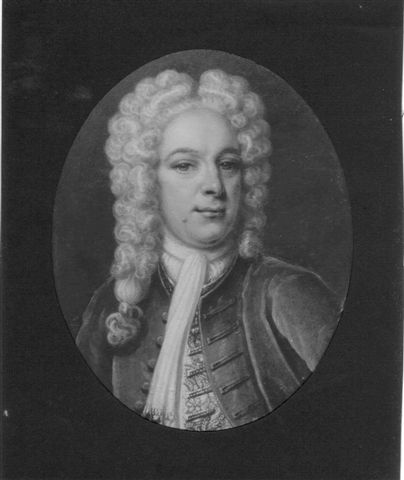

… a man who thinks himself bound to all offices of Humanity.
Ephraim Chambers, self-composed epitaph
Ephraim Chambers was an encyclopaedist and a freethinker, whose 1728 Cyclopaedia broke new ground in inclusiveness and scope. In striving to collect, collate, and classify knowledge, Chambers was distinctly a product of the Enlightenment, but he was driven too by his own love of learning and a sense of being – in his own words – ‘bound to all offices of Humanity’. In his religious scepticism, his pursuit and dissemination of knowledge, and his personal kindness, Chambers was a humanist in all but name.
Ephraim Chambers was born near Kendal, Westmorland, the son of a farmer. He attended grammar school, before being apprenticed to London map and globe maker John Senex in 1714. It was during this seven year apprenticeship, encouraged by Senex in the pursuit of knowledge, that Chambers conceived his plan to produce a cyclopaedia.
Leaving Senex’s service in 1721, Chambers worked from Gray’s Inn. In 1726, he outlined his plans in Proposals, and in 1728 his work was published. The two volume Cyclopaedia, or, An universal dictionary of arts and sciences is considered ‘the first true general encyclopaedia’, drawing on but significantly elaborating the work of previous encyclopaedists. His use of cross-references was a significant innovation, and a French translation of the work was used by Denis Diderot and Jean le Rond d’Alembert in compiling their Encyclopédie, published from 1751.
In his dedication to the King, which opened his Cyclopaedia, Chambers emphasised the role of the arts and sciences in people’s happiness:
‘Tis by these, the parsimony of nature is supplied, and life render’d easy and agreeable under its numerous infirmities. By these the mind is reclaim’d from its native wilderness; and enrich’d with sentiments which lead to virtue and glory… Your Majesty commands a people capable of every thing… employ’d in enlarging our knowledge, by new discovering in nature, or new contrivances of art; others in refining our language; others in improving our morals…
The Cyclopaedia, writes Chambers, is ‘an attempt towards a survey of the republic of learning,’ representing ‘the boundary that circumscribes our present prospect; and separates the known, from the unknown parts of the intelligible world.’ It is a compilation of human knowledge, but also a clarion call for continued discovery and record.
Years after his death, Chambers was described by a correspondent of the Gentleman’s Magazine as ‘a man of great vivacity, acute observation, strong judgement, exquisite feelings, and a good heart. Widely known to be a freethinker, even an ‘infidel’, he was nonetheless buried in Westminster Abbey, following his death in Islington on 15 May 1740. His self-penned epitaph described a man:
Heard of by many, known to few, who led a life between Fame and Obscurity, Neither abounding nor deficient in Learning, Devoted to Study, but as a man who thinks himself bound to all offices of Humanity.
Chambers’ encyclopaedia was a noted influence on lexicographers and encyclopaedists working after him, including Samuel Johnson and Denis Diderot. His faith in reason, pursuit of knowledge, and ‘good heart’ epitomised the freethinker of his day, and laid the groundwork for humanists to come.
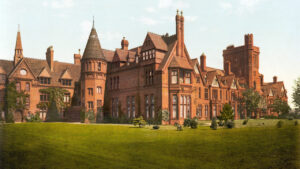
Girton College at the University of Cambridge has educated and employed a host of remarkable humanists and freethinkers, many of […]
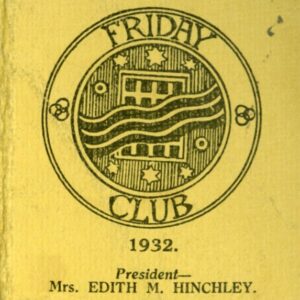
The woman artist appears quickly to have grasped the fact that she cannot maintain an isolated and merely selfish point […]
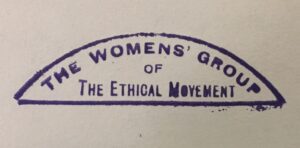
Of everything that presents itself unto thee to consider what the true nature of it is, and to unfold it. […]
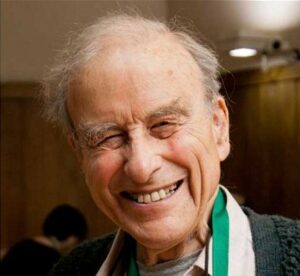
Harry Stopes-Roe was one of the most tireless and dedicated humanist campaigners of the 20th century. Son of the influential […]